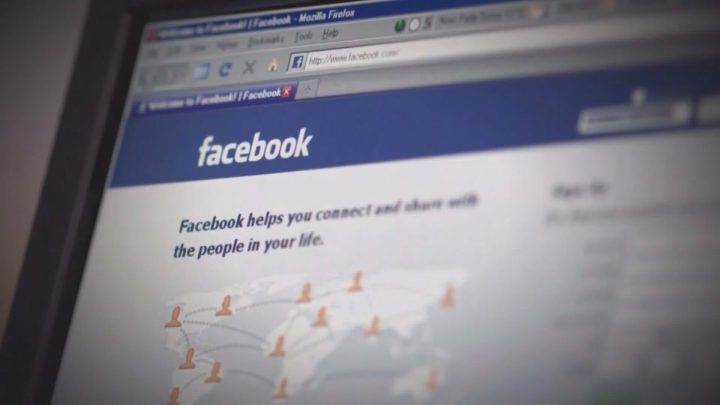In a world where there’s a greater concern about ‘fake’ or misleading news than ever before, a university prof is teaching a unit on debunking false info.

Amy Morrison, who teaches English language and literature at the University of Waterloo, told 680 CJOB it’s easy to get taken in by misleading news, especially during the unique situation of the COVID-19 pandemic.
“Many (stories) that tend to go viral activate our sense of fear or anger about something,” said Morrison.
“We’re in the middle of a pandemic — there’s a lot of restrictions on our movement, and we’re not able to do things the way that we would like to do them. Some of the messaging from different public health authorities seems to be complicated and contradictory.
“There’s a bit of an information vaccum. People are afraid, and when people are afraid, they don’t do the sniff test on things, generally.”
Morrison said when people are in a heightened emotional state, they tend to believe things they want to believe — or things that confirm existing fears that they have.
“These things go viral a little bit more easily sometimes the wilder they are, or the more important they seem,” she said.
But as Morrison teaches her students, there are some simple ways to debunk fake news.
- B.C. officer alleged sexual assault, CSIS had her investigated
- Alberta to overhaul municipal rules to include sweeping new powers, municipal political parties
- Military judges don’t have divided loyalties, Canada’s top court rules
- Norad looking to NATO to help detect threats over the Arctic, chief says
“The first thing to do is take a deep breath and check your emotions — how does this thing in my Facebook feed make me feel?” she offered.
“Just sit back for a moment. Take a deep breath and let yourself emotionally calm down… then open a second browser window.
“You’re going to start to verify that claim by checking for previous work. You can see where the claim originally happened.”
Morrison said some people may be already following alarmist sources and deeply connected to the ideas therein — and convincing them that what they’re reading is false tends to be a bit trickier.
“All that’s going to do is provoke a defensive reaction in people who are inclined to believe it,” she said.
“The best way is to approach them gently and through emotions… it’s best to try to find an emotional connection. Most people, I find, are not willing to change their mind when you tell them they’re stupid.
“When people are activated by very strongly held political, personal or religious beliefs about something that’s going to happen — when the facts do not support it — these people are generally not persuadable by recourse to facts. You have to approach them gently, find a piece of shared values… connect at something you can agree on.”
A study out of McGill University this summer looked at the prevalence of misinformation on social media vs. traditional news sources, and found that people who primarily get their information from social media are more likely to believe false information.
Aengus Bridgman, a PhD Candidate at McGill University and the study’s co-author, said there are various explanations as to why that happens.
“Historically, organizations, large-scale news organizations felt a deep sense of sort of civic responsibility that they were trying to inform the public good,” he said.
This sense of responsibility led to the creation of editorial standards and professional ethics.
Social media platforms, Bridgman said, “do not feel that same sense of responsibility,” although he admitted to recent efforts in that direction.









Comments